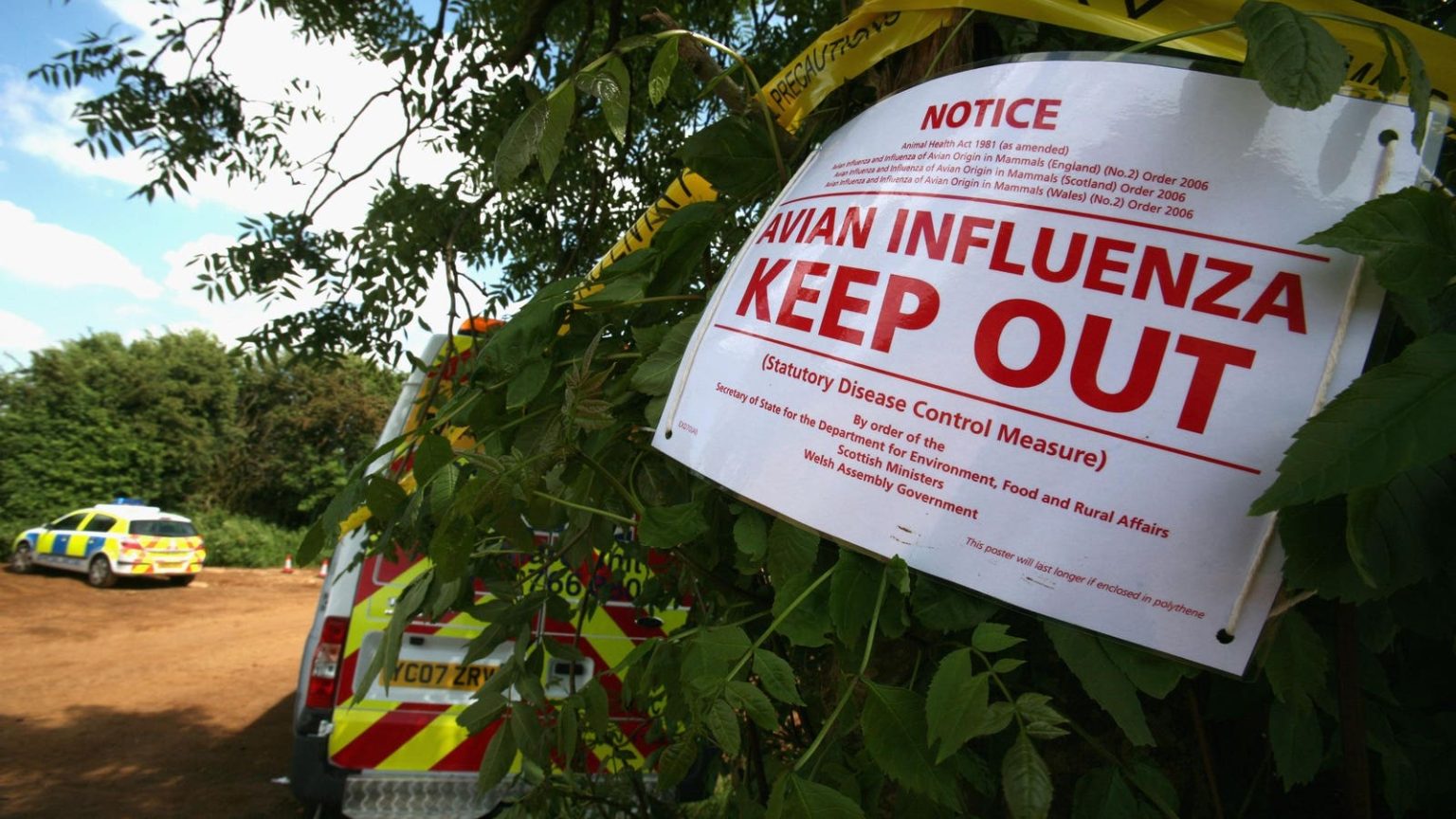A global outbreak of H5N1 bird flu that began in 2020 has been spreading among cattle in the U.S. states and marine mammals worldwide, leading health officials to closely monitor the situation. There are concerns among experts that the virus could mutate and potentially spread to humans, although human cases of the virus have been rare but deadly.
The FDA and the Department of Agriculture have announced measures to ensure the safety of the food supply in light of the outbreak. This includes additional funding to ensure the safety of commercial milk and financial support for farms affected by the disease. Various tests on grocery store products have found no traces of the bird flu virus, reassuring consumers that the food supply remains safe.
Concerns about the potential transmission of bird flu between humans have been raised, with evidence suggesting that it is rare but possible. The virus has been fatal in humans, with a significant percentage of cases resulting in death. However, most cases in the U.S. have been linked to contact with infected animals rather than human-to-human transmission.
Consumers are advised to avoid consuming raw, unpasteurized milk and to ensure that meat and eggs are thoroughly cooked to reduce the risk of infection. Proper handling and cooking of food products can help minimize the risk of exposure to the virus. Vaccines for bird flu exist for humans, although there are no specific vaccines for the H5N1 variant currently circulating.
The outbreak of bird flu has had significant impacts on the poultry industry, leading to the euthanization of millions of birds. The virus has also spread to other animals, with cases reported in mammal populations as well. Public health officials are closely monitoring the situation to prevent further spread of the virus and to protect human health.
The spread of bird flu to marine mammals and other animals highlights the potential for the virus to infect a wide range of species. Experts are concerned about the possibility of the virus mutating and spreading more easily among humans, emphasizing the importance of continued monitoring and prevention efforts. The impact of bird flu on various animal populations underscores the need for comprehensive strategies to control and prevent the spread of the disease.


